Sometimes it feels like I can’t help but spill out into whatever room I’m in.
There’s a running joke between my husband and me that no one can destroy a hotel room faster than we can. And by we, he certainly means me.
Regardless of how long I will be away, I always manage to overpack, anticipating every possible scenario I could (but never will) encounter during my time away.
My little aqua roller suitcase is so misleading. It paints a picture that I’m just like all the other travelers: appropriately contained and responsibly packaged. But the minute I get to my destination, I shape-shift into a decidedly less enchanting version of Mary Poppins. In search of something simple like deodorant, I pull from my suitcase a never-ending slew of absurd and irrelevant items that I have allegedly deemed essential. Putting things away in hotel drawers like other grownups is entirely out of the question; if I can’t see it, I will leave it. So in what feels like the blink of an eye, I have detonated the entire contents of my bag around the whole room, where I will hop-scotch around them until the dreaded moment when I am forced to pack it all up.
If I’m being honest, I often feel like it’s only a matter of time before I personally gush out into the relational rooms of my life too. The dread I feel when reflecting on my haphazard piles of overshared information is enough to swear me to secrecy. Yet somehow the more I promise not to overshare, the more that’s exactly what I do.
A DESIRE TO BE SEEN AND KNOWN
Maybe I wouldn’t care so much about oversharing if it didn’t result in such dense shame and loneliness. In a sincere attempt to connect with others, oversharing can surprise us with a cruel plot twist where instead of intimacy, we encounter isolation.
I’m sure you know the feeling. How many times have you left a friend’s house, only to be accosted by a wave of embarrassment? The pep talk you gave yourself on the drive over didn’t work. You promised yourself you weren’t going to talk too much, and definitely not about “that.”
And yet out it came.
Oversharing can be a trauma response. And it feels terrible.
Though oversharing can make us feel inferior to the other ‘polished’ people in the room, may we be reminded it’s human nature to want to be seen, heard and known- especially when we’re hurting.
Our desire to be known can often prompt us to share vulnerably. After all, vulnerability connects us and deepens our relationships as we relate to our shared human experiences. But sometimes trauma can make the line between vulnerability and oversharing feel impossibly unclear, and always a little late in making itself known.
TRAUMA AND VULNERABILITY
If you have experienced trauma, details that feel uncomfortable to others may feel strangely normal or ho-hum to you. They’ve had to. That’s how you’ve survived. Diluting the intensity of certain experiences is a gift our mind gives us so we can get our bearings before unpacking the reality of our pain. But it doesn’t always present as the best party trick. Instead, it can make it disorientingly difficult to discern what is too much to share.
But oversharing doesn’t have to feel like an inescapable sentencing or a permanent personality trait. When we overshare we can offer ourselves compassion while simultaneously learning how to better protect ourselves in the future. In case you feel the tension I do, self-compassion doesn’t have to communicate approval of behavior we would like to change. And a desire to grow doesn’t have to be evidence that the shame we experienced was deserved.
So how do we balance self-compassion and growth in our oversharing hangovers?
SELF-PROTECTION & GROWTH
Whether it’s vanity or actual preparedness, overpacking my suitcase comes from a place of self-protection. I am trying to anticipate and meet my needs in advance. Now think about the moments when you feel you’ve overshared. Oversharing can also be a subconscious way for us to meet a need or to protect ourselves.
Though each situation is nuanced, considering these questions before, during or after a potential overshare can help us redirect our self-protection and minimize feelings of exposure:
- Am I trying to have a need met by sharing this information? If so, is there another way to go about it?
- Did something about the situation feel triggering? Was I sharing to “get ahead” of a misunderstanding or to try to secure a relationship?
- Could the details that I am sharing be triggering to others listening? Would it be kinder for me to dial back and ease into disclosure?
In attempting to protect ourselves from exposure, we may instead find ourselves feeling completely exposed. By reflecting on these questions, we can begin to notice what these interactions have in common so we can act differently next time – not because of how others will respond, but for how it makes us feel. Believe it or not, that’s actually what matters most.
Another great way to tell if you feel safe in what you’re sharing is to pay attention to your body, what it’s feeling. In the moments when I feel I’ve overshared, my body tends to feel tense and shaky. While we might not be able to undo a particular moment’s oversharing, we can certainly use this information to have our own backs while moving forward.
THE MOST IMPORTANT TIP
If you’re like me, these suggestions are probably helpful, but they might also feel a little bit like a scolding. Before you spiral, come up for air for just a second, because there is something even more important than these three questions or any slew of tips I could give you.
As a reminder, regardless of how you have responded…
You are still worthy of love.
You are still worthy of belonging.
You are still worthy of being seen and accepted in your pain.
Whether your go-to response to the pain and trauma of life is oversharing, self-sabotaging, experiencing emotional outbursts, or buying into a scarcity mindset, you are just a human person having a rational response to an irrational situation.
Operate from that place today, not the timeout of shame you’ve put yourself in. You don’t deserve that. No one does.
Tomorrow is a new day where His mercies are new, and ours can be too, my friend. We get to try again.
If you’re curious what your go-to response is so you can begin to identify your own patterns and move towards healing, I’ve created a little quiz to get you started. Feel free to take it and share it with others in your life. The more we understand ourselves and others, the more compassion we can have for one another, and the less isolation and shame we’ll all experience. And who doesn’t need that?
Enjoyed it? Share it!
Charissa Brim
The stories of our lives matter, but often the most impactful stories are the ones that go unspoken.
Through narrative nonfiction, and as cohost of the podcast, "Never Would Have Guessed", Charissa helps others who have been impacted by trauma, namely sexual assault, move through trauma towards healing. She believes when we are able to connect to the spaces around us, between us and within us, we perpetuate healing in ourselves and in others. By making sense of our varied trauma responses, Charissa invites us to heal and live life to the brim.
But wait, there's more...








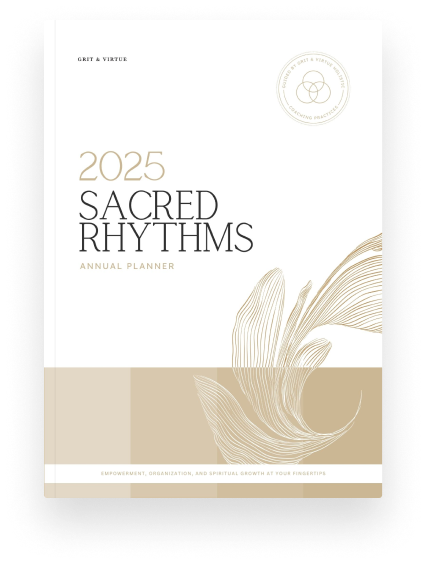




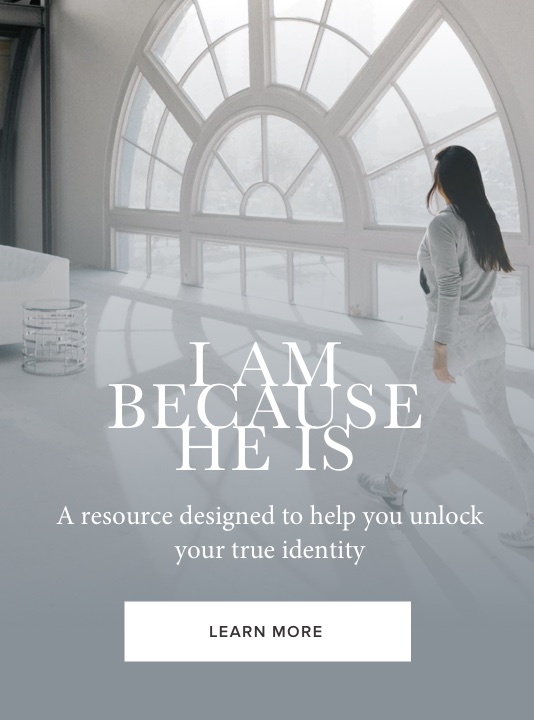
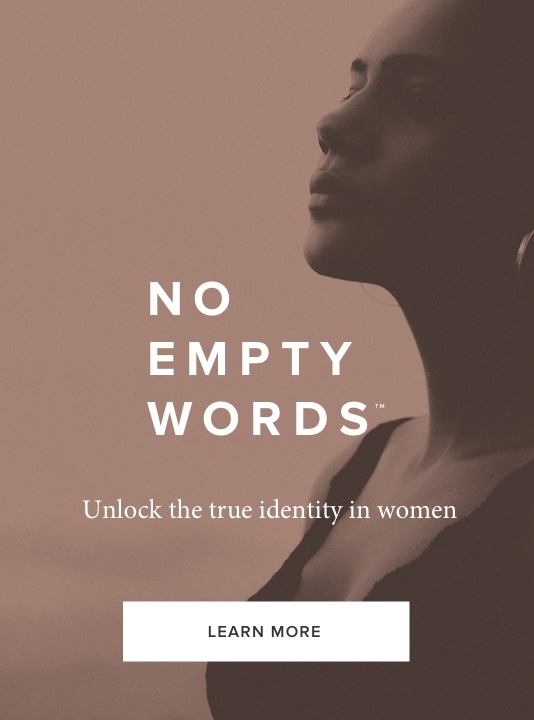

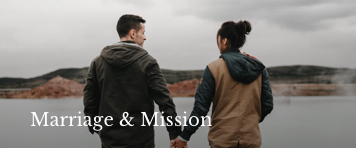
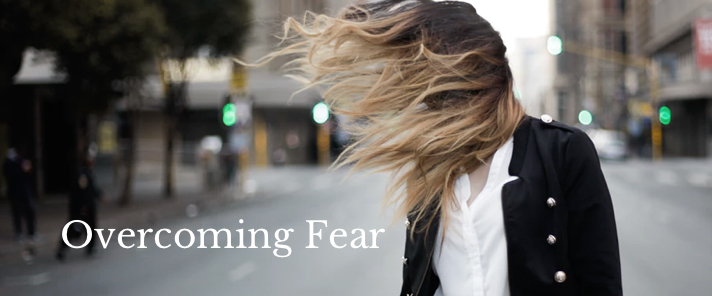
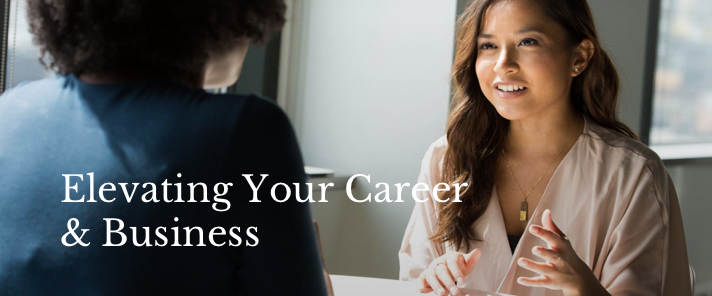
I definitely over share; especially since I’ve started therapy I’ve been oversharing to everyone I know it’s exhausting for them because It’s exhausting to for me. This helps so much I’m glad I’ve read it I’ll share my thoughts with my therapist on this but I know folks don’t want to say hey this is too much but I wish they would’ve I can respect that
I overshare and over talk and I think so much is subconscious, chronic ill was, pain, trauma, PTSD, gaslit, dismissed, betrayed, abandoned, rejected, one loss after another, don’t know how to process or accept life, unprocessed/unresolved traumas and pain, no closure, wanting to be human and get better and not die, lost my ability to raise my son due to health, easily triggered, so many emotions inside, dealing with no friends and isolation, struggling with unworthiness, I want to know God but don’t know how, stuck trapped, need help. How??? So sick and don’t know how much longer I have. Lot of autonomic nervous system and limbic system dysregulation, little sleep and food due to health issues, injuries impacting brainstem area, memory loss, I could go on and on, I never used to talk! Now if I do, I don’t shut up and overshare. I need help. I need faith, I need safety and love. I don’t know how to love and have compassion and grace for myself. Or forgive myself. Help anyone?
Jodi, God does love you. My best advice is to seek a Christian Counselor and if you can’t afford that, then go to church. Or watch one online. I really like Southlands Christian Church in Kentucky. I’m sorry that you have so many hardships. Don’t be too hard on yourself – you are human and a gift. “Let not your hearts be troubled, neither let them be afraid.” “God is our refuge and strength, a very present help in trouble.” Praying for you.
The other reply is true, Christ is compassionate
[…] reduce negative emotions and ensure both people leave the encounter feeling respected, aftercare is crucial. This isn’t just for romantic relationships; it’s also important in casual […]